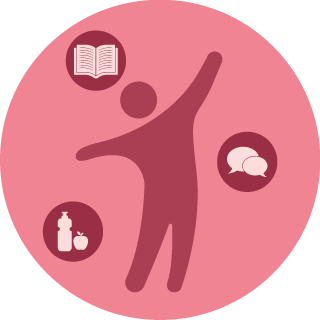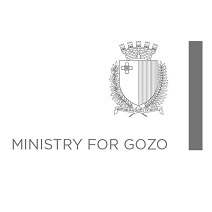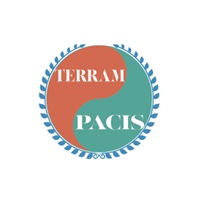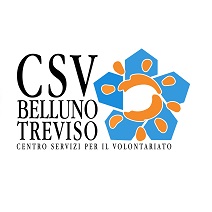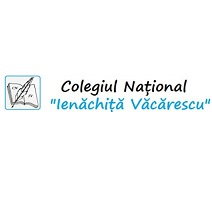O projeto Youth Health Literacy [YHL] tem como primeiro objetivo, contribuir para alcançar o bem-estar social, físico, sexual e mental dos jovens. Paralelamente, serão desenvolvidos recursos educativos de acesso livre, para trabalhadores e organizações juvenis, como um meio de facilitar o empoderamento dos jovens para alcançarem esse estado de bem-estar social, físico, sexual e mental.
Assim, o consórcio procura desenvolver um conjunto de 5 recursos educativos (IO – Intelectual Output´s):
IO1. Literacia em saúde para jovens;
IO2. Saúde mental e jovens;
IO3. Abuso de drogas e bem-estar juvenil;
IO4. Género, Sexualidade, Saúde e higiene sexual;
IO5. Serviços de saúde digitais para jovens.


 This manual looks at how gender and sexual health literacy influences youth health. It starts by highlighting that gender and sexual health literacy refers to access to the right knowledge and development of the right skills or attitudes on how sexual health and rights are influenced by socially constructed gender norms. Gender literacy involves understanding social and cultural aspects of gender, including the roles, norms, and expectations associated with being a man, a woman, and non-binary, and the impact of gender on one’s identity, expression, sexuality, and relationships.
This manual looks at how gender and sexual health literacy influences youth health. It starts by highlighting that gender and sexual health literacy refers to access to the right knowledge and development of the right skills or attitudes on how sexual health and rights are influenced by socially constructed gender norms. Gender literacy involves understanding social and cultural aspects of gender, including the roles, norms, and expectations associated with being a man, a woman, and non-binary, and the impact of gender on one’s identity, expression, sexuality, and relationships. This manual conducted consultations with youth on the role and contribution of youth work to the planning, designing, and the implementation of effective youth-centred interventions to prevent drug abuse among young people. The manual starts by addressing youth drug prevention information and continues presenting findings from youth consultations on drug prevention such as: smoking, tobacco use, alcohol use, drug use, and combined substance abuse. The manual further looks at how family, school, community-based prevention interventions are the most effective in reducing drug abuse among youth.
This manual conducted consultations with youth on the role and contribution of youth work to the planning, designing, and the implementation of effective youth-centred interventions to prevent drug abuse among young people. The manual starts by addressing youth drug prevention information and continues presenting findings from youth consultations on drug prevention such as: smoking, tobacco use, alcohol use, drug use, and combined substance abuse. The manual further looks at how family, school, community-based prevention interventions are the most effective in reducing drug abuse among youth.  This manual identifies the impact of perceived racism and both racial/gender discrimination on mental health of racial and gender minority youth. Whereas racial, gender discrimination is a human rights violation and a psychological process affecting racialised individuals, there is no evidence-based resources on its effects on their mental health. So, this manual looks at how perceived racial and gender discrimination becomes a risk factor for mental, emotional, behavioural, and substance use disorders among racialised youth submerged in the victimhood of lived experiences of discriminatory and racist events.
This manual identifies the impact of perceived racism and both racial/gender discrimination on mental health of racial and gender minority youth. Whereas racial, gender discrimination is a human rights violation and a psychological process affecting racialised individuals, there is no evidence-based resources on its effects on their mental health. So, this manual looks at how perceived racial and gender discrimination becomes a risk factor for mental, emotional, behavioural, and substance use disorders among racialised youth submerged in the victimhood of lived experiences of discriminatory and racist events. This manual offers a youth health literacy education to strengthen the youth’s capacity to obtain, process, understand, and apply basic health information needed to make appropriate health decisions, but also to raise awareness of the importance of achieving a greater state of youth health and well-being. The manual contributes to the improvement of youth health; considering that health literacy is a crucial public health matter: a fundamental component of the pursuit of youth health, well-being and human rights that guarantees youth’s autonomy and responsibility for their own health and well-being.
This manual offers a youth health literacy education to strengthen the youth’s capacity to obtain, process, understand, and apply basic health information needed to make appropriate health decisions, but also to raise awareness of the importance of achieving a greater state of youth health and well-being. The manual contributes to the improvement of youth health; considering that health literacy is a crucial public health matter: a fundamental component of the pursuit of youth health, well-being and human rights that guarantees youth’s autonomy and responsibility for their own health and well-being.  Since I was young, I aspired to become a natural science teacher. But now that I see this dream realised, a collective responsibility shared with my colleagues falls upon me, to contribute to the health literacy of my young students. I understand that youth health extends beyond mere physical well-being. It is about recognising that a strong foundation of health is crucial for turning aspirations of young people into reality, especially for those less fortunate.
Since I was young, I aspired to become a natural science teacher. But now that I see this dream realised, a collective responsibility shared with my colleagues falls upon me, to contribute to the health literacy of my young students. I understand that youth health extends beyond mere physical well-being. It is about recognising that a strong foundation of health is crucial for turning aspirations of young people into reality, especially for those less fortunate.

 I was just 16 years old when I found myself facing an incredibly challenging decision. I had discovered that I was pregnant, a revelation that shook my world to its core. In a society where conversations about youth sexual health and rights were often met with stigma and judgement, I was acutely aware of the challenges that lay ahead. Upon confiding in my closest friends, I was met with a barrage of well-meaning but pressure-laden advice. Some urged me to consider abortion as the easiest option, while others insisted that having a child at such a young age would ruin my life.
I was just 16 years old when I found myself facing an incredibly challenging decision. I had discovered that I was pregnant, a revelation that shook my world to its core. In a society where conversations about youth sexual health and rights were often met with stigma and judgement, I was acutely aware of the challenges that lay ahead. Upon confiding in my closest friends, I was met with a barrage of well-meaning but pressure-laden advice. Some urged me to consider abortion as the easiest option, while others insisted that having a child at such a young age would ruin my life.